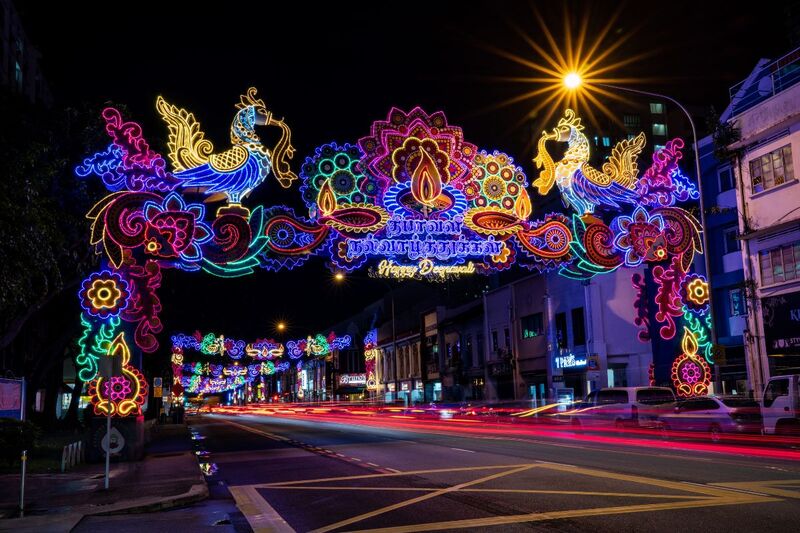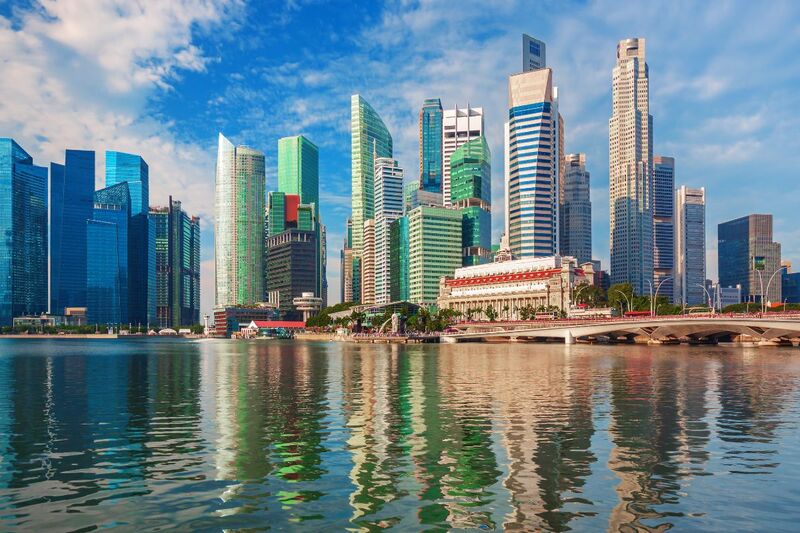Deepavali 2025 in Singapore: Embracing Diversity & Inclusion at Work

In Singapore, few things capture the spirit of unity and cultural richness as powerfully as Deepavali — the Festival of Lights. In 2025, Deepavali falls on Tuesday, 21 October, and is a gazetted public holiday. For many employees, it is more than just a day off; it is a celebration of family, tradition, and community. For companies, it is also an opportunity to demonstrate their commitment to diversity, inclusion, and employee engagement.
As Singapore continues to be a top destination for global professionals, including Japanese decision-makers and One Pass holders, understanding how cultural celebrations shape the workplace is vital. Acknowledging Deepavali isn’t just about marking the calendar — it’s about building workplaces where employees feel respected, recognised, and valued.
Why Deepavali Matters in the Workplace
Deepavali is celebrated by Singapore’s Hindu community and has become part of the broader cultural fabric of the nation. In today’s multicultural workforce, festivals like Deepavali highlight the importance of diversity.
Workplace studies have shown that inclusive cultures are 2.3 times more likely to have higher cash flow per employee and are more effective in retaining talent. In Singapore’s competitive job market, where talent retention is a key HR priority, recognising cultural festivals can go a long way in keeping employees engaged.
For Japanese companies operating here, acknowledging Deepavali reflects sensitivity to Singapore’s diverse talent pool, strengthening both employer branding and team cohesion.
How Companies in Singapore Celebrate Deepavali
Forward-thinking companies are reimagining how they engage staff during cultural festivals. Some initiatives we’ve seen include:
- Festive Gatherings: Team lunches, themed events, and cultural appreciation sessions that let employees share their traditions.
- Inclusive Communication: HR teams sending greetings in multiple languages or recognising Deepavali in company newsletters.
- Flexible Leave Policies: Allowing employees extra time to celebrate with families or travel back to hometowns.
- Office Decorations: Simple gestures such as colourful rangoli art or lighting diyas in common spaces can uplift the office atmosphere.
Such practices don’t just show respect — they create lasting bonds between employees and employers.
Employer Branding Advantage: Why Inclusion Matters
Singapore was recently ranked #2 in the world for AI readiness and remains one of Asia’s strongest business hubs. But beyond digital readiness, its global appeal lies in its cultural inclusivity.
For companies competing for regional and global talent, incorporating cultural diversity into employer branding is a smart move. Workers today — especially Millennials and Gen Z — want employers who value not just their skills but also their identities and traditions.
Japanese decision-makers and foreign firms in Singapore should recognise that gestures like celebrating Deepavali resonate deeply with employees and send a message that their company is globally minded yet locally grounded.
Practical Tips for Companies This Deepavali
Here are a few simple yet effective ways companies can celebrate Deepavali in 2025:
1. Recognise the Holiday in HR Calendars
Make sure Deepavali is highlighted in internal communications and leave schedules.
2. Encourage Sharing of Traditions
Invite employees to share their customs, food, or stories — this builds cultural understanding.
3. Plan Inclusive Activities
Host potluck events, wellness sessions, or even charity drives in the festive spirit.
4. Support with Flexibility
Recognise that employees may want to travel or spend more time with loved ones. Small adjustments in scheduling go a long way.
Frequently Asked Questions (FAQ)
Q1: Is Deepavali a public holiday in Singapore in 2025?
Yes, Deepavali will be celebrated on Tuesday, 21 October 2025 as a gazetted public holiday.
Q2: How can companies support cultural diversity during Deepavali?
Employers can support by acknowledging the festival, offering flexible leave, sending greetings, and hosting inclusive celebrations.
Q3: Why is diversity and inclusion important for businesses in Singapore?
Research consistently shows that diverse and inclusive companies have better retention, stronger financial performance, and higher employee engagement. In Singapore’s globalised market, this is a critical competitive advantage.
Final Thoughts
Deepavali 2025 is more than a festival; it’s an opportunity for companies in Singapore to walk the talk on inclusion. By acknowledging and celebrating cultural diversity, employers not only engage their current workforce but also enhance their reputation as an employer of choice.
For Japanese DPs, One Pass holders, and global firms operating in Singapore, embracing festivals like Deepavali is a way to connect meaningfully with local talent — and that connection translates directly into stronger teams and long-term business success.
👉 Looking to build a culturally inclusive and future-ready workforce in Singapore?
Connect with our HR experts here.
👉 Searching for diverse and skilled professionals to grow your team?
Find your next hire with Reeracoen today.

Disclaimer:
The information provided in our blog articles is intended for general informational purposes only. It is not a substitute for professional advice and should not be relied upon as such.
While we strive to provide accurate and up-to-date information, the ever-evolving nature of certain topics may result in content becoming outdated or inaccurate over time. Therefore, we recommend consulting with qualified professionals or experts in the respective fields for specific advice or guidance. Any actions taken based on the information contained in our blog articles are solely at the reader's discretion and risk. We do not assume any responsibility or liability for any loss, damage, or adverse consequences incurred as a result of such actions.
We may occasionally provide links to external websites or resources for further information or reference. These links are provided for convenience and do not imply endorsement or responsibility for the content or accuracy of these external sources. Our blog articles may also include personal opinions, views, or interpretations of the authors, which do not necessarily reflect the views of our organisation as a whole. We encourage readers to verify the accuracy and relevance of information presented in our blog articles and to seek professional advice when needed. Your use of this website and its content constitutes acceptance of this disclaimer.
References





